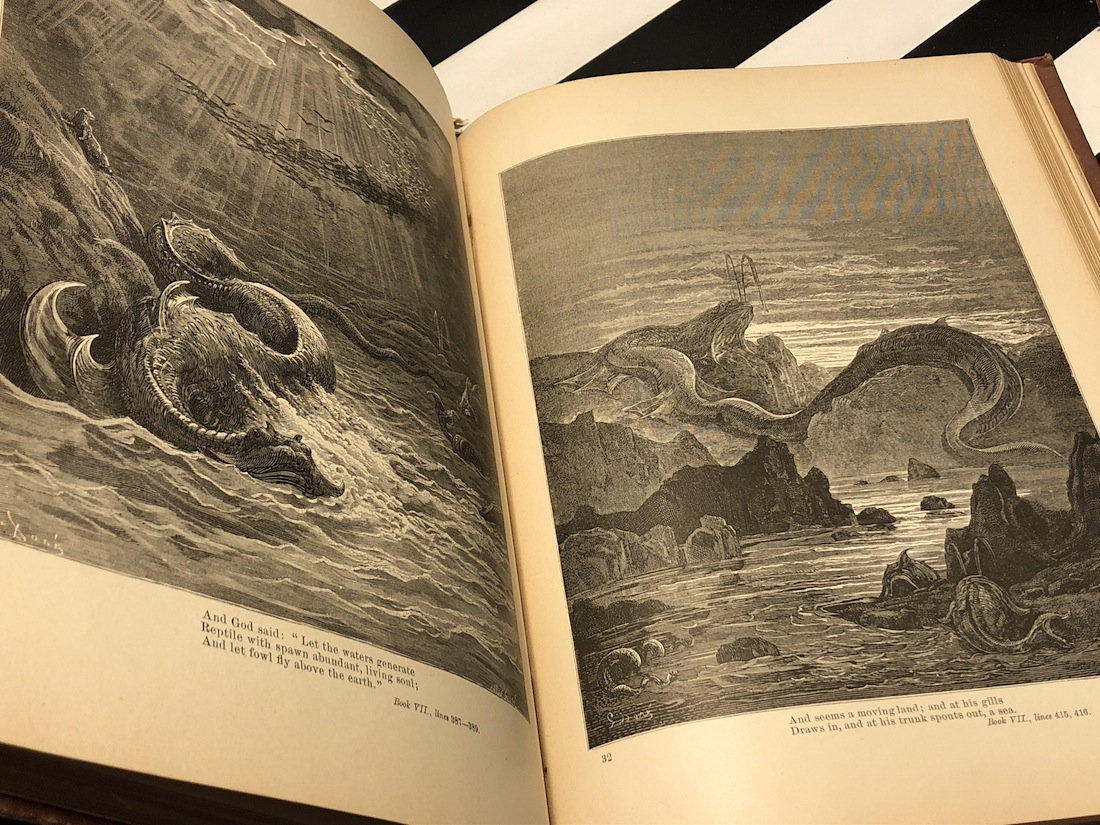

Milton successfully controls the movements both within the lines of the poem and the visual descriptions within the story. Burnett expresses that Milton shows an acute awareness of the visual movement, and understands the visual effects produced in the lines to be just as important as the utterance if the words and verses. The fact that he was blind does not take away from his attention to detail and the movement of the characters. Burnett points out Milton’s Blindness as perhaps a positive influence on his ability to deliver character description so effectively. Milton often does this in the poem where the key verb is often suspended until the end of the line or the sentence, the purpose of this is to allow a gradual progression of ideas and events generating a greater effect and surprising twists halfway through the process. Every line break or pause has a distinct purpose, according to Burnett, this allows to create “blankness and the unknown” and sometimes these pauses are often rectified in the next line resolving any “uncertainty, ambiguity, or suspense” that it previously produced in the previous lines. The article explores the importance of the relationship between poetic lines including their length and positioning and how it fits into other lines.

Burnett also draws on significant aspects of Milton’s own experiences in his creation of Paradise Lost. LeComte.Īrchie Burnett in his article develops a structural analysis using numerous critics of Milton to analyze his verse style. Gilbert and Susan Gubar, Susanne Wood, as well as Edward S. In my exploration of Eve, I will draw upon ideas from feminist critics, like Sandra M. I will also be exploring a feminist critical analysis of Milton’s depiction of Eve as an alternative interpretation of the text. I will be exploring Archie Burnett’s article ‘Sense Variously Drawn Own’ published in 2003 which examines the relation between Lineation, syntax, and meaning in Milton’s Paradise Lost.

In this review, I hope to put forward two different approaches to interpreting Milton’s Paradise Lost.


 0 kommentar(er)
0 kommentar(er)
